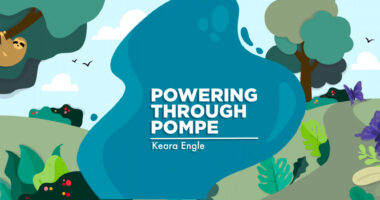Tips to Manage Stress for Pompe Disease Caregivers

Pompe disease can affect both children and adults, and cause symptoms that range from slow growth and poor reflexes to heart and liver problems. Caring for patients with Pompe disease can be challenging and cause stress, so here are some tips if you are a caregiver to help manage your daily tasks.
Take care of yourself
Remember that your well-being matters in addition to the patient’s. Try to avoid getting overexerted or lose track of your own health while taking care of others.
Establish good dietary habits
Improper diet can take a toll on your health and impede your ability to overcome stress. Make sure to get adequate nutrition and hydration to help you cope with the demands of caregiving.
Avoid nicotine and alcohol
To deal with stress, caregivers may resort to indulging in excessive alcohol or smoking. However, remember that these indulgences can, in fact, contribute to your stress and possibly lead to addiction in the long run so be sure to avoid them.
Exercise regularly
Exercise is well-known for its ability to reduce stress. Earmark some time in the day for exercise, preferably before tending to your caregiving duties, so other demands don’t get in the way.
Seek support when needed
Do not hesitate to ask for support from friends and family when the demands of caregiving become high.
Take breaks at regular intervals
Take occasional breaks to rejuvenate yourself. Take walks, socialize with friends, watch a movie, or read a book. Also try stress-relieving techniques such as meditation or mindfulness.
Network with other caregivers
Networking with other caregivers can help you learn about the disease, boost your morale, and reduce stress. Find other Pompe disease caregivers nearby, or check the websites of organizations such as the International Pompe Association, Association for Glycogen Storage Disease, and the United Pompe Foundation.
Last updated: Oct. 3, 2019
***
Pompe Disease News is strictly a news and information website about the disease. It does not provide medical advice, diagnosis, or treatment. This content is not intended to be a substitute for professional medical advice, diagnosis, or treatment. Always seek the advice of your physician or other qualified health provider with any questions you may have regarding a medical condition. Never disregard professional medical advice or delay in seeking it because of something you have read on this website.






